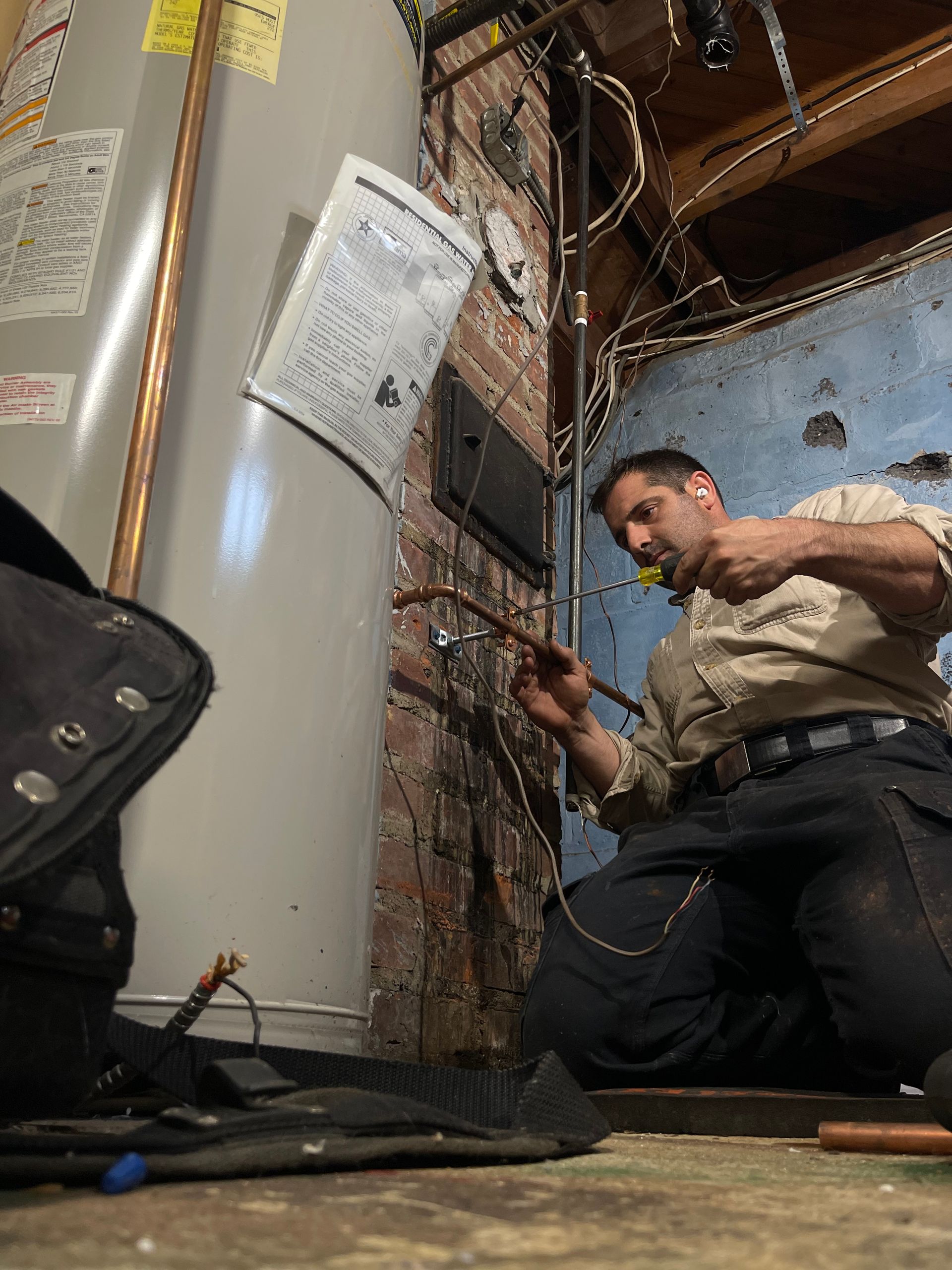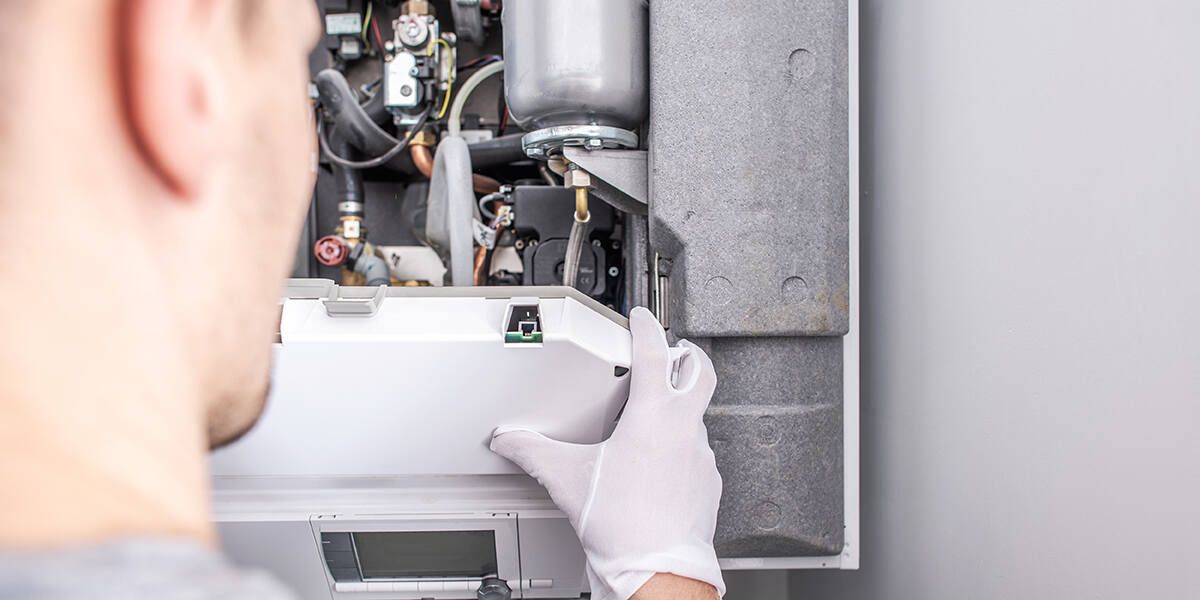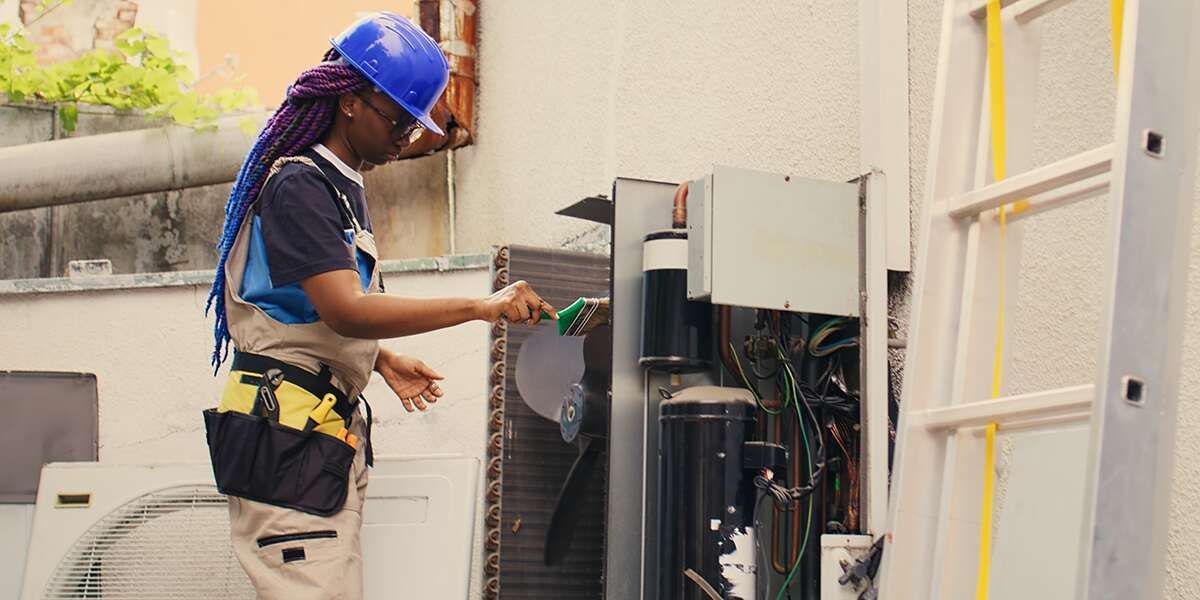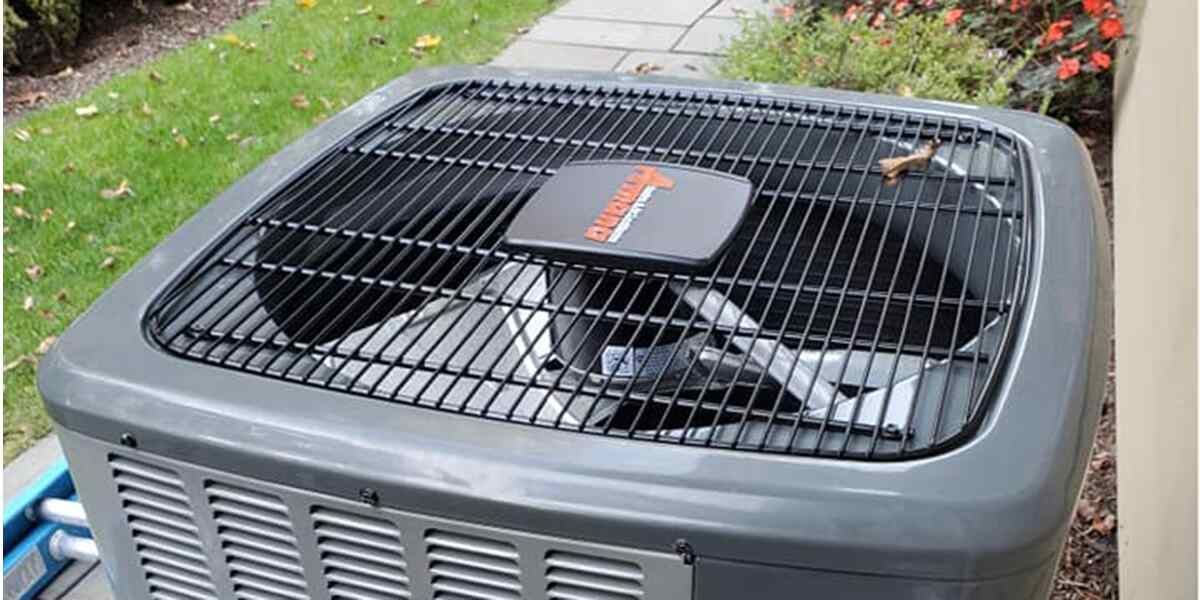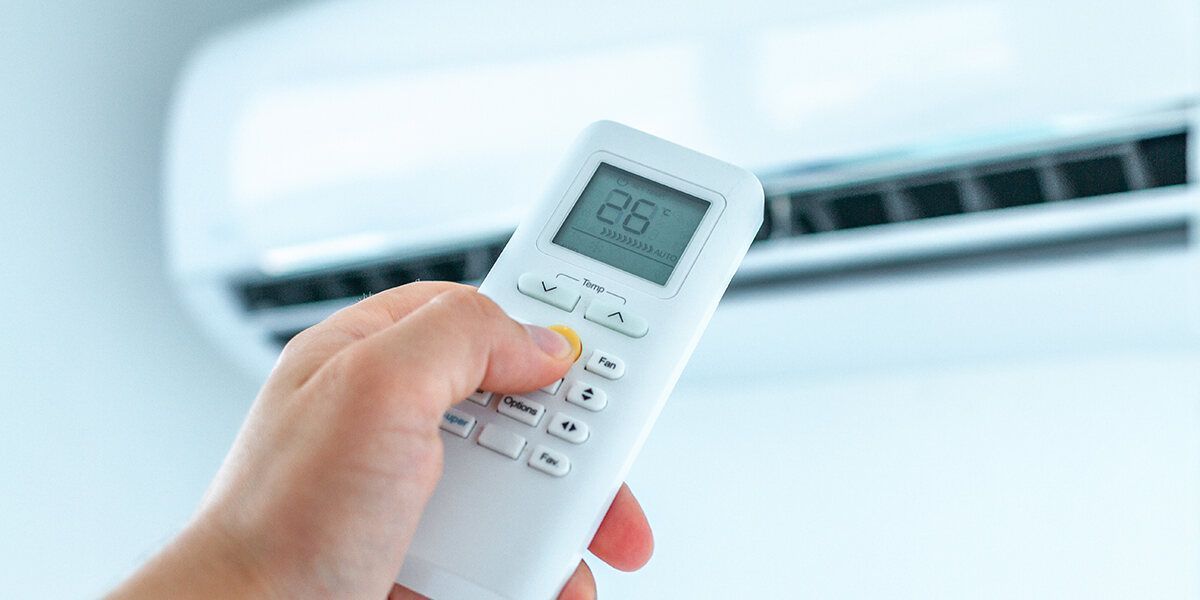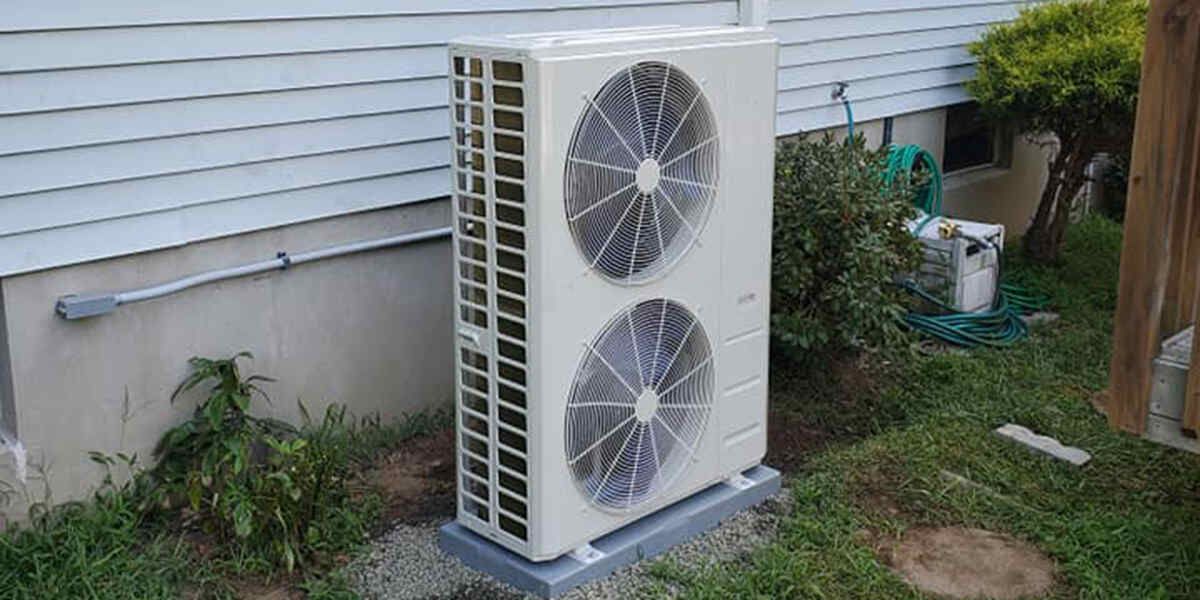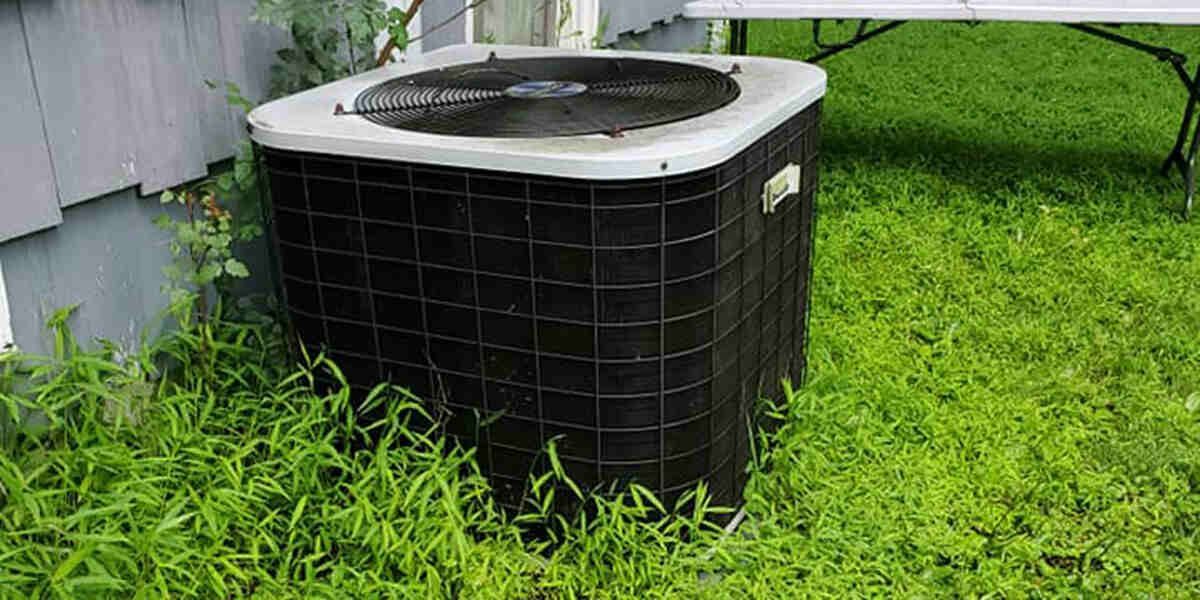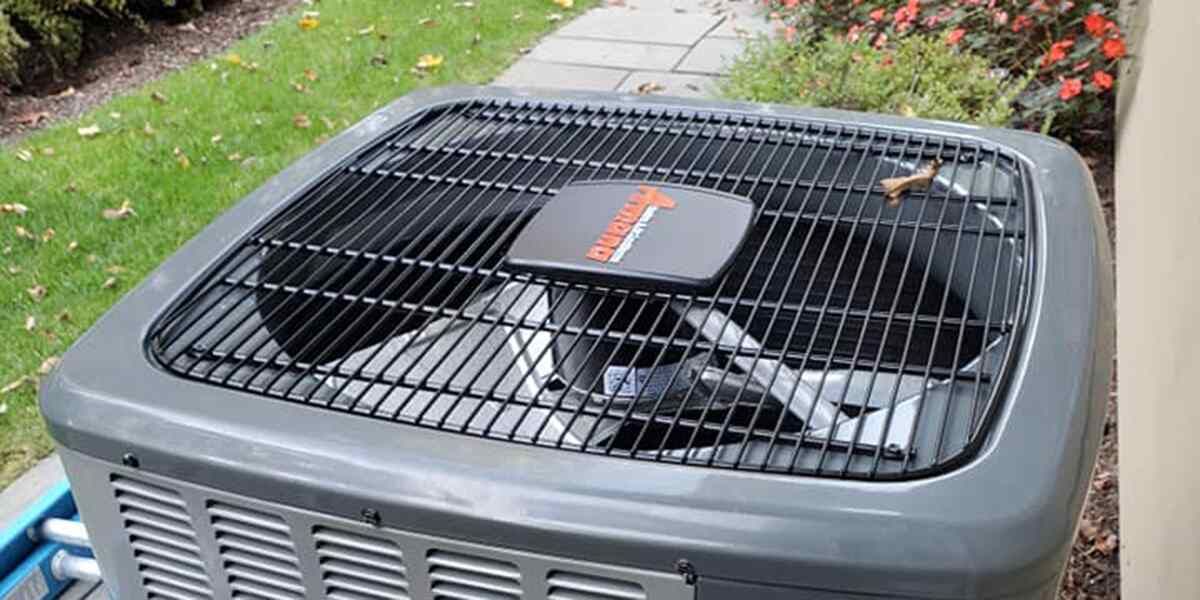Understanding What Air Conditioner EER Rating Means
Comfort Specialists
As winter fades and spring and summer approach, homeowners enjoy warmer temperatures both indoors and outdoors. To be ready for these seasonal temperature changes, you should make sure that your residential or commercial air conditioning system is ready to go.
Spring is the perfect time for annual AC maintenance to keep your system in good condition before the hot summer months, but it may also be time to install a brand-new system. Before you take the plunge and buy a new AC unit, you must gain a basic understanding of your air conditioner EER rating. Understanding what the Energy-Efficiency Ratio means will enable you to buy the most energy-efficient system for your budget.
Whether you need to have your current system serviced or you need a new unit installed, our skilled technicians at Comfort Specialists can get the job done.
At Comfort Specialists, we are devoted to making the internal environment of your home or business more comfortable. We offer a long list of air conditioning, heating, and electrical services. Our commitment to excellence makes us the premier air conditioner repair specialists in Morris County, NJ.
What Is Air Conditioner EER Rating?
EER stands for Energy-Efficiency Ratio. As the name suggests, this metric tells you how energy efficient your air conditioner is. The EER is a numerical rating. A low EER rating means a less energy-efficient AC, and a higher EER means the AC unit does more work for the same amount of electricity, making it more efficient. A more efficient AC unit means savings on monthly electricity bills for homeowners.
Air conditioner manufacturers determine this numerical rating by testing out their units in controlled temperature and humidity conditions. Usually, they conduct these tests at outdoor temperatures of 95-degrees Fahrenheit and indoor temperatures of 80-degrees Fahrenheit. They also do the tests in environments controlled at 50% humidity.
To find the EER, air conditioner makers must take into account the operating capacities and power use of the units that they test. When it comes to power use, AC testers use watts as their units of measure. In the case of operating capacity, British Thermal Units (BTUs) are the measuring factor.
BTU capacity refers to the cooling capability of the air conditioning unit in question. The higher the BTU capacity of the AC unit is, the more it can cool a given space. In the case of power, the more wattage that an air conditioner uses, the more electricity it will consume over a given period.
Understanding your air conditioner EER rating can help you save money on energy bills immediately and over the long haul. Plus, when you buy an air conditioner with a high EER rating, you can greatly reduce your carbon footprint. For example, the United States Department of Energy estimates that widespread use of energy-efficient AC units can reduce carbon dioxide releases by at least 50 million metric tons.
Calculate EER Using BTU Capacity and Wattage
Once AC manufacturers know the BTU capacity and watt usage of an air conditioner, they can use a relatively simple formula to find the EER. An air conditioner EER rating is the capacity of the air conditioner in BTUs divided by the power usage in watts. The following is an example of how EER is calculated.
Let’s say that a given air conditioning unit has a capacity of 18,000 BTUs. This same unit also has a power usage of 1,000 watts. To find the EER, simply divide the BTUs by the watts.
The formula would look like this. 18,000 BTU/1,000 watts = 18. In this example, the EER of the unit would be 18.
What Is a Good EER Rating?
In practice, an EER of 18 for most room air conditioners is extremely energy efficient. Such an AC system would provide 18 BTUs of cooling power for every 1 watt of energy usage. Most room air conditioners are considered highly efficient if they score an EER of 12.
How can you use this information to save money on energy bills? Most air conditioners include information about the numerical EER printed on the unit. By choosing AC units with higher EER ratings, you can rest assured that the air conditioner that you buy will give you the maximum amount of cooling effect for the minimum amount of electricity use.
EER Rating vs SEER Ratings: What’s the Difference?
Another energy use metric that you can use to choose central air conditioners is the Seasonal Energy Efficiency Ratio (SEER). As the name suggests, the SEER rating measures the efficiency of a given air conditioning system over a seasonal period. By choosing an air conditioner with a high SEER number, you can enjoy cool indoor temperatures all season long while spending less on energy usage.
While the EER rating measures energy uses in environments with temperature ranges from 95-degrees Fahrenheit outdoors and 80-degrees Fahrenheit indoors, the SEER rating uses a temperature range that might be typical over an entire season. Thus, SEER ratings use calculations that include temperatures between 60-degrees Fahrenheit and 100-degrees Fahrenheit.
To make practical use of this information, you should seek out air conditioning systems that have a SEER rating of 13 or better.
Contact Us for Your Air Conditioner Needs
Here at Comfort Specialists, we can help you to find and install the right air conditioning system for the size of your home or business and your personal needs. We offer many types of air conditioning systems, including central AC units and ductless systems. We can help you choose systems with the right air conditioner EER rating for your work or living spaces.
When you work with us, your satisfaction is our number one priority. We don’t consider a job done until you are 100% satisfied with your HVAC system. Your family, your home, and your time are important to us as a premier air conditioning repair and installation service.
Call Comfort Specialists today at
973-566-5871 for a free consultation and to
learn more about ductless vs. central AC.



